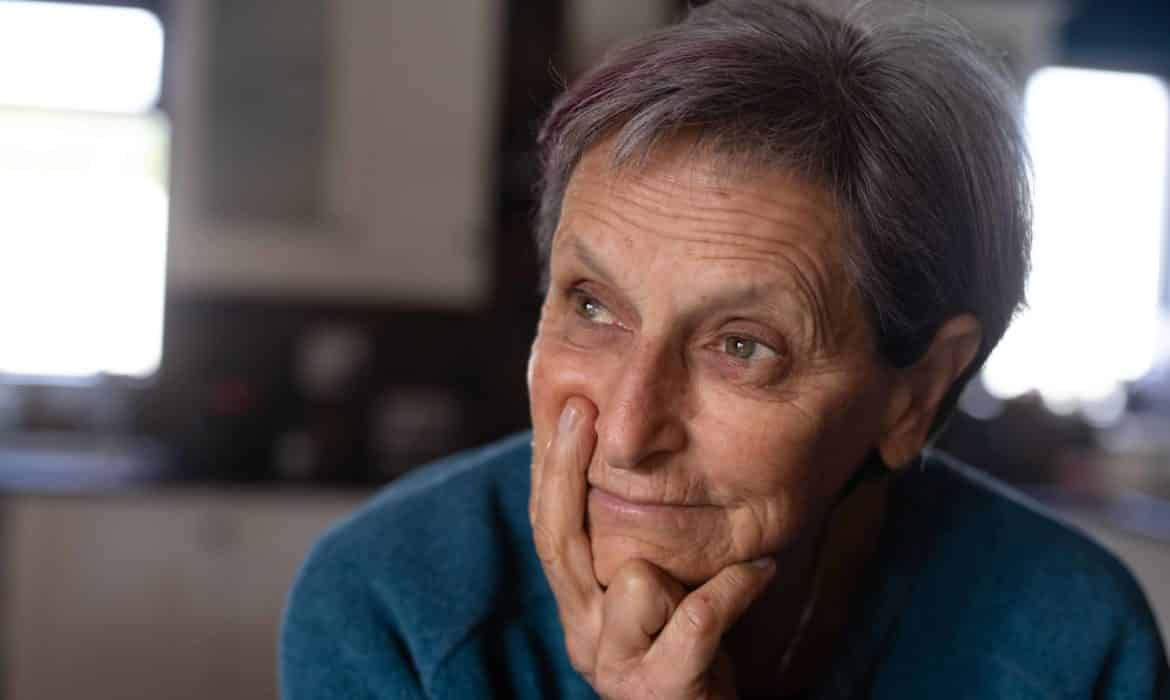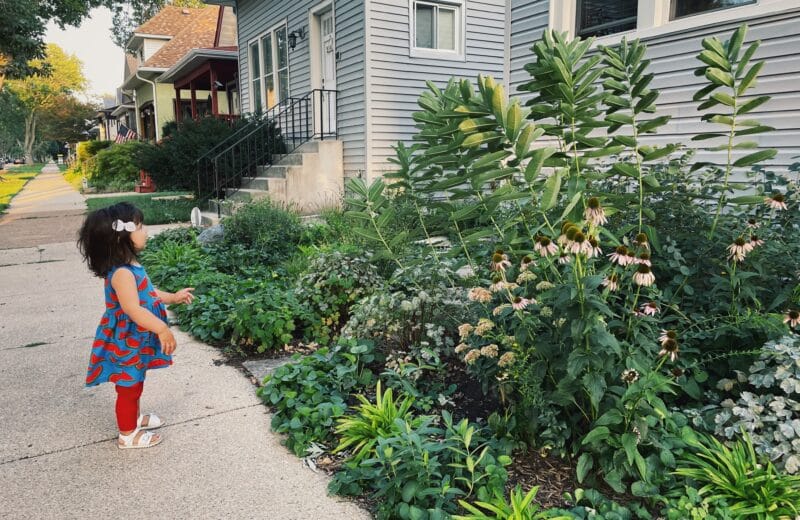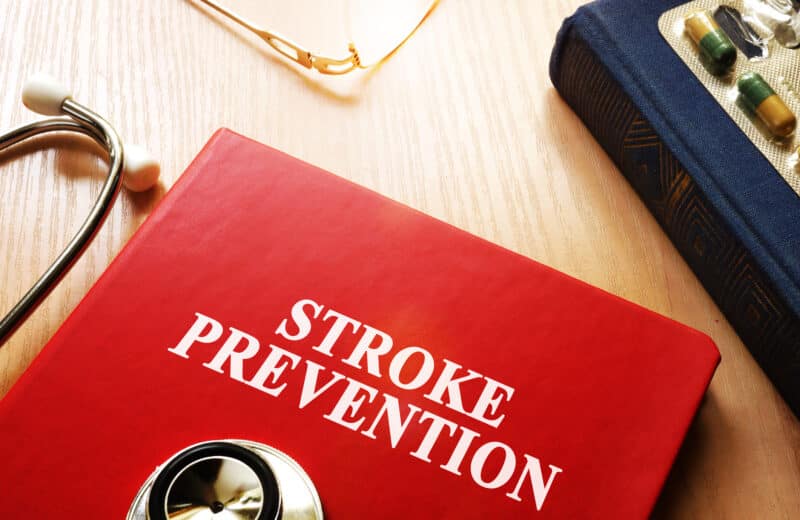Q: I keep hearing about how older adults and those with chronic diseases have a higher risk from COVID-19. What is “older” and a “chronic disease”?
A: Indeed, older adults and those with chronic health problems who get COVID-19 are more likely to require hospitalization and admission to an intensive care unit.
“Older” is more than a number. When it comes to coronavirus, the CDC’s magic number is now set at 65. That’s the age at which risk of severe disease, complications and death from COVID-19 appears to rise.
What do health experts mean when they talk about chronic diseases that put some people at increased risk of severe disease with COVID-19? It varies, but generally includes people who have heart disease, high blood pressure, diabetes, asthma or other chronic lung diseases, or a suppressed immune system due to a disease or a treatment.
Why older age and chronic disease increase risk for severe illness if a person gets COVID-19 is not entirely clear, but here are some possibilities:
- An immune system weakened by age or illness is unable to fight off the virus, which could lead to an overwhelming infection.
- The immune system “misfires” or has an exaggerated response in some people, triggering so much inflammation and tissue damage that the immune reaction itself causes complications.
- Organ damage due to existing or past illness might make additional damage caused by the virus more than a person can handle; one example is smoking-related lung disease complicated by respiratory infection from the new coronavirus.
- The stress of a viral infection can increase demand on already damaged or aging organs (such as the heart).
- Medications taken to treat chronic conditions could potentially increase the severity of infection.
We need more research to understand whether one or more of these is most important, or whether there are other factors at play.
While there is no way to completely eliminate your risk of becoming infected or having it be more severe, it makes sense to:
Follow the recommendations of health experts that apply to everyone, regardless of age or other risk factors, such as frequent hand washing and physical distancing. In addition:
- Be especially attentive to managing your medical conditions by taking your medications exactly as prescribed; if possible, keeping a 90-day supply of your medications on hand and monitoring your condition frequently
- Make sure your routine medical and nutritional needs are met by keeping adequate health supplies (such as a thermometer, acetaminophen and a first-aid kit) and several weeks’ supply of nonperishable foods on hand.
- Maintain connections to family, friends and your doctors so you don’t feel isolated.












